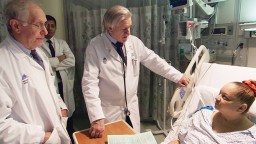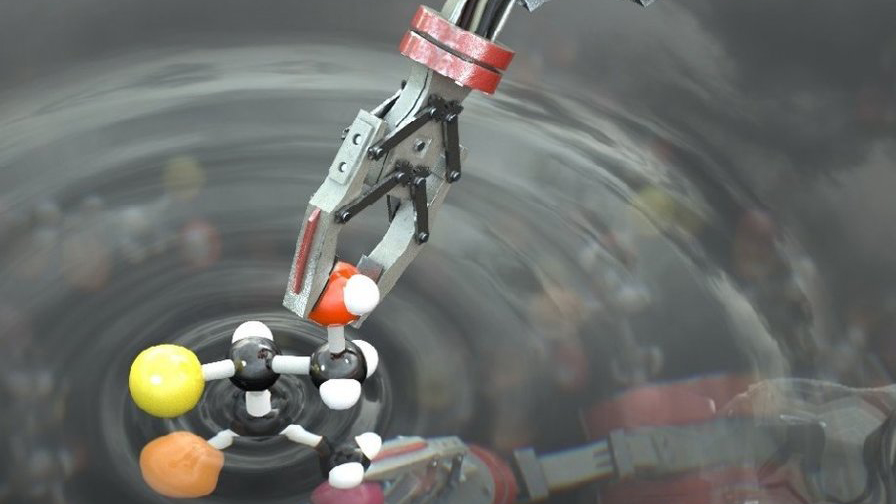medicine
MIT professor Robert Langer is a prolific American inventor in medicine. His advice? Don’t follow the money, do meaningful work.
▸
5 min
—
with
Scientists in Japan have genetically modified chickens to lay eggs containing an extremely valuable protein that helps treat cancer, hepatitis and multiple sclerosis in humans. The cost of one of […]
Quarantines are worth the trouble to keep the next pandemic at bay but they need to be applied intelligently.
Many of our greatest fears stem from uncertainty about the future, and technology has made the future very uncertain indeed.
How does Alzheimer’s disease work?
▸
7 min
—
with
Homeopathic manufacturers take advantage of sick and vulnerable populations in criminal ways—and the FDA is, after much absence, starting to crack down.
An international team of researchers claims to have found a major cause of dementia – an incurable brain disease.
Researchers are studying the use of sperm cells as micromotors for delivering chemotherapy to cervical cancer patients.
The case of a 7-year-old Australian boy who was supposed to lose sight at two weeks old but can still see has stunned scientists.
Documentary offers a surprisingly simple solution to improving medical care.
▸
with
Despite doubts from the healthcare industry, Watson recently identified a surprisingly high number of potential cancer treatments for real-life patients.
Hertz Foundation Fellow Dr. Christopher Loose sold his first startup for $80 million. His advice is probably the kind you want to hear.
▸
7 min
—
with
The most influential contemporary scientists and their accomplishments.
One researcher called it “the ultimate in the miniaturization of machinery.”
New research by Professor Dan Graur shows that only a quarter of the human genome is functional.
Researchers find the drug least likely to send you to emergency room.
Scientists successfully test an ingenious system for growing premature fetuses.
Studies and trials point to the potential of a rave drug becoming the newest antidepressant medication in decades.
In a world driven by technological progress, many impoverished communities are bucking the trend by successfully turning to “low-tech” and unorthodox treatments.
A “new” field of medicine called chronotherapy demonstrates that following nature’s cycles, as our ancestors did, is integral to proper biological and cognitive function.
A patient’s brain showed activity for nearly 10 minutes after death, baffling doctors and prompting the need for further research.
Scientists identify key compounds that may help prevent brain diseases like Alzheimer’s, Parkinson’s, Huntington’s as well as Lou Gehrig’s disease.
Bill and Melinda Gates lay out the key accomplishments of their philanthropic foundation in response to Warren Buffet.
British doctors eliminate the disease in two infants with incurable cancer by utilizing a medical first gene-editing techniques.
The computer it’s attached to can “see” potential hazards and alert the surgeon to them.
A large new study finds a relationship between consumption of hot red peppers and mortality.
Canadian scientists discover how being bilingual creates advantages for the brain.
Four-year research concludes there’s a new organ inside the body, creating a new field of science.
Scientists create a portable device that can detect 17 diseases, including 8 different cancers, straight from a person’s breath.
A new study reports that 32,000 lives could be saved annually if every doctor in the U.S. was female. What can this teach medical institutions about best practices?





























